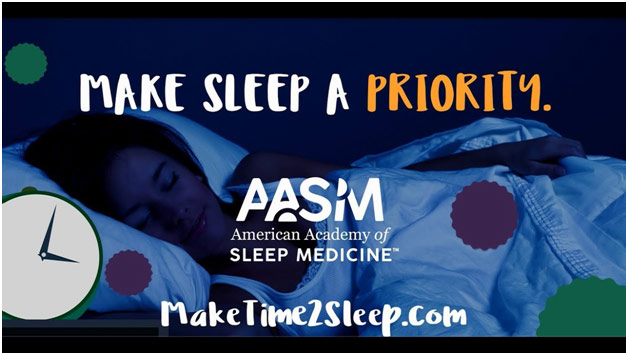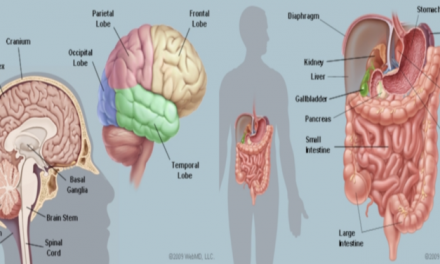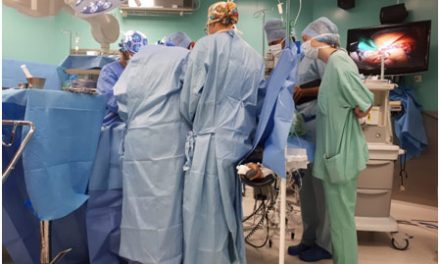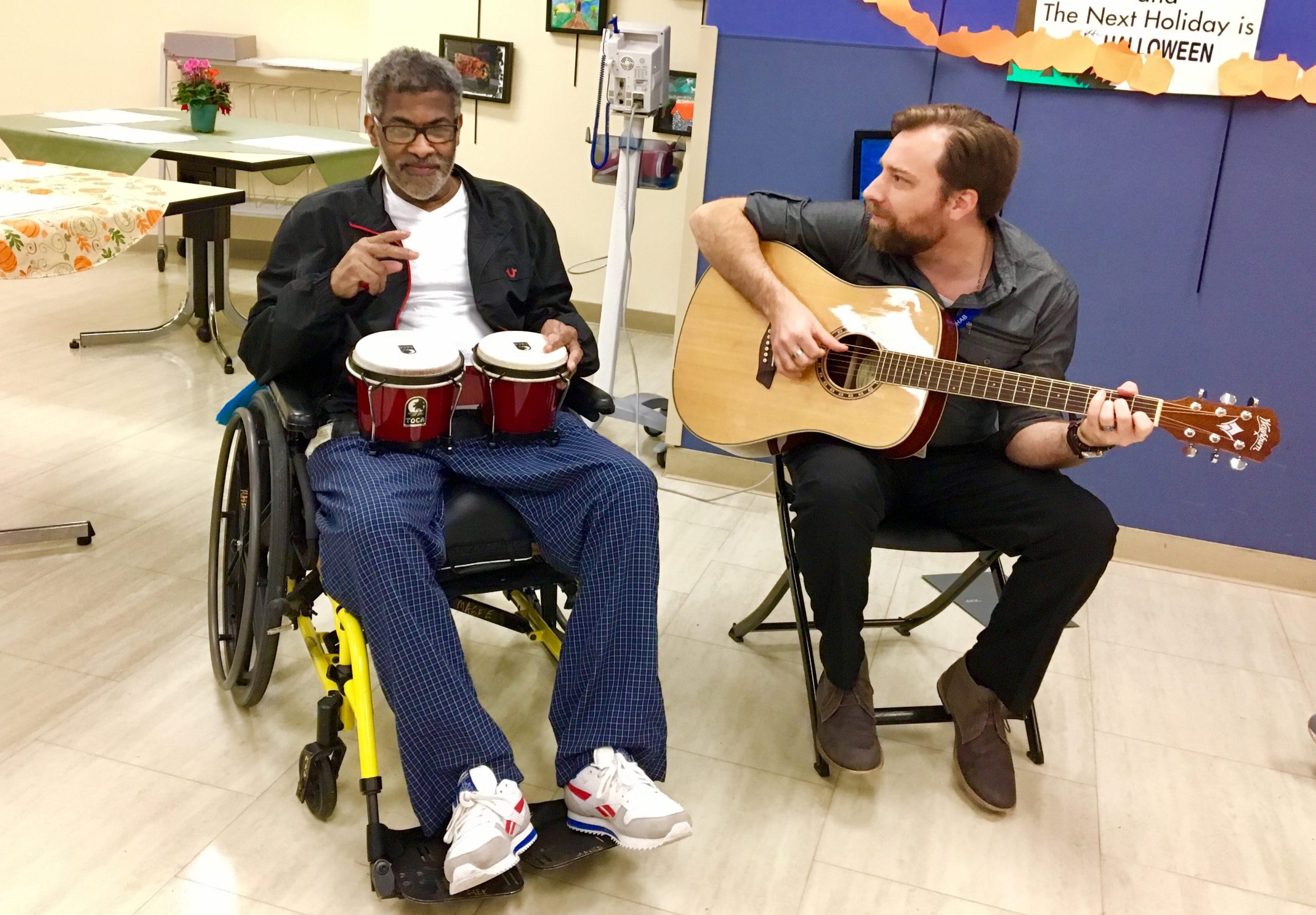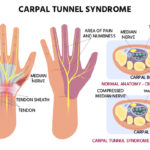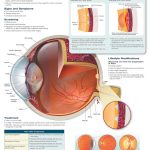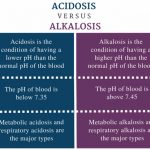A few months back, I participated in the 2018 American Sleep Medicine Foundation “Make Time 2 Sleep” Video Contest. The experience, researching common reasons why teenagers do not get enough sleep and devising solutions to the issue, was amazing as I learned more and more about the importance of adequate sleep. This post features the script for my submission to the contest, talking broadly on the subject, and is the first part of a two-part series on sleep medicine.
Time is one of the most precious commodities in our entire world. No matter how much we try, we can never get more of it. So then, why should we take so much of our valued time to sleep?
Current guidelines by the American Academy of Sleep Medicine suggest that teenagers get 8 to 10 hours of sleep. Despite this recommendation, only 27% of high school students get 8 hours of sleep according to the CDC, leaving the rest to be stuck in a vicious and self-perpetuating cycle of sleep deprivation. With less sleep, we become less productive as our learning and memory capabilities inadvertently slow down. Thus, we spend more and more time on our daily activities, forcing us to sleep later and later. This is of vital importance since sleep deprivation has been linked to higher rates of depression, car accidents, and even substance abuse in high school students.
Teenagers often know that they should sleep more with eighty percent of Americans saying they would feel better with an extra hour of sleep according to a survey by the Better Sleep Council. Despite this knowledge, most teenagers still do not get enough sleep since they are always thinking “Friends want to hang out, well I’ll put off sleep. Too much work, I’ll just put off sleep. A new tv show is airing, it’s okay since I can put off sleep.” The question we, as high school students, must ask ourselves is why is sleep the first thing we put off when it should be one of the last?
Maybe it’s because of the misconception that we can catch up on lost sleep with weekend binge sleeping. Unfortunately, this actually further disrupts our sleep rhythm, causing what’s sometimes called “social jet lag.” What does help teenagers get more sleep is limiting online distractions, which prevent us from falling asleep when we indulge them an hour before bedtime. Becoming more productive by planning ahead also goes a long way to help reduce academic and social burdens that push bedtimes back. Lastly, later school start times have proven to be enormously beneficial as they have been linked to higher academic performances and significantly fewer car crashes in a 2014 study by the University of Minnesota. With a few changes by both the student and the school, sufficient sleep can become a reality.
Sleep is well worth this necessary investment. In fact, sleep is a more precious commodity than time since only with enough sleep can we create real value out of our time. That’s reason enough to take the time to sleep.
REFERENCES
American Sleep Medicine Foundation High School Video Contest. Discover Sleep, www.discoversleep.org/highschoolcontest.aspx. Accessed 17 Feb. 2018.
“In the Battle to Get More Sleep, Americans Are Their Own Worst Enemy.” The Better Sleep Council, bettersleep.org/research/sleep-surveys/survey-starving-for-sleep/. Accessed 17 Feb. 2018.
Jenco, Melissa. “AAP Endorses New Recommendations on Sleep Times.” AAP News & Journals Gateway, 3 June 2016, www.aappublications.org/news/2016/06/13/Sleep061316. Accessed 17 Feb. 2018.
—. “Study: 73% of High School Students Not Getting Enough Sleep.” AAP News & Journals Gateway, 25 Jan. 2018, www.aappublications.org/news/2018/01/25/Sleep012518. Accessed 17 Feb. 2018.

